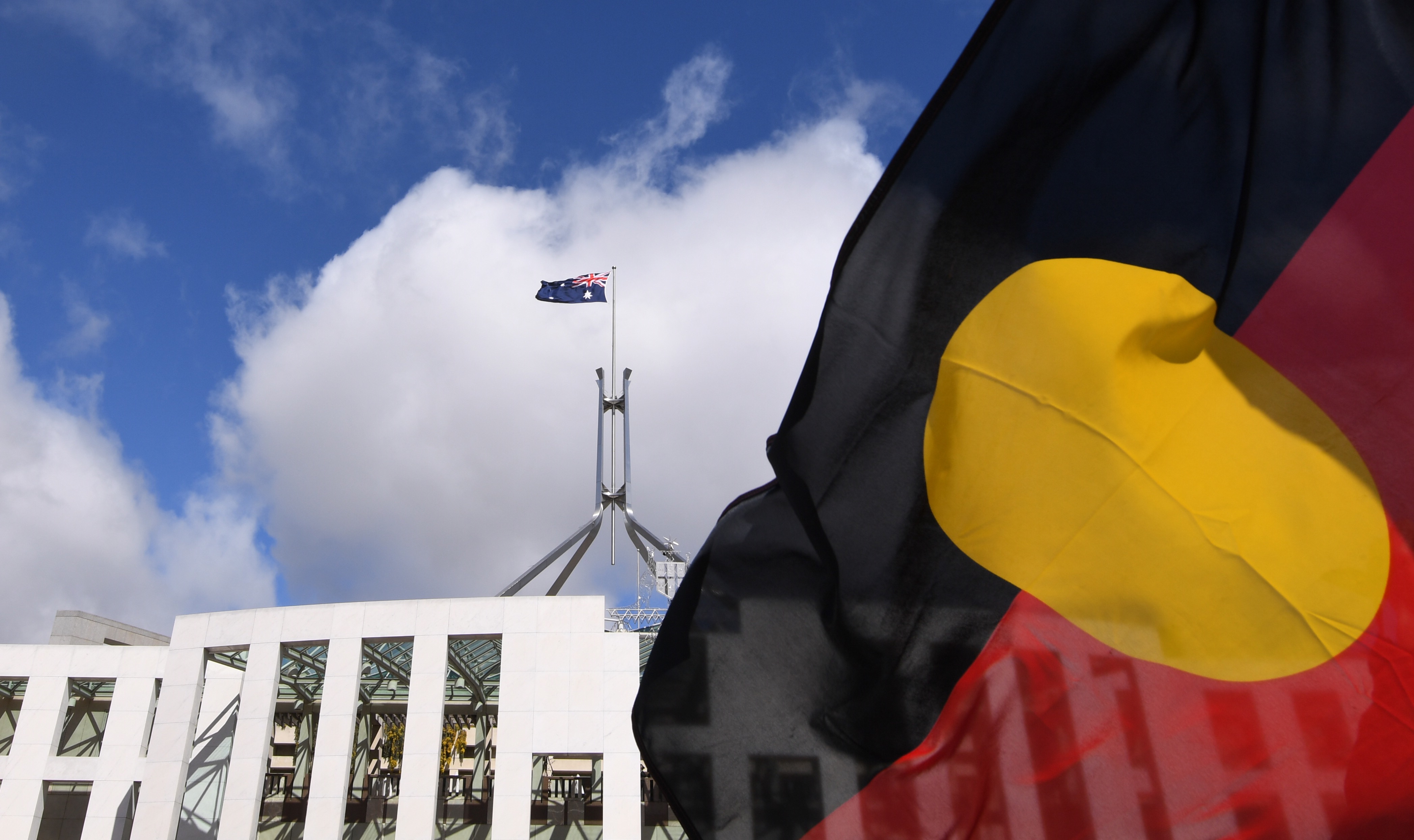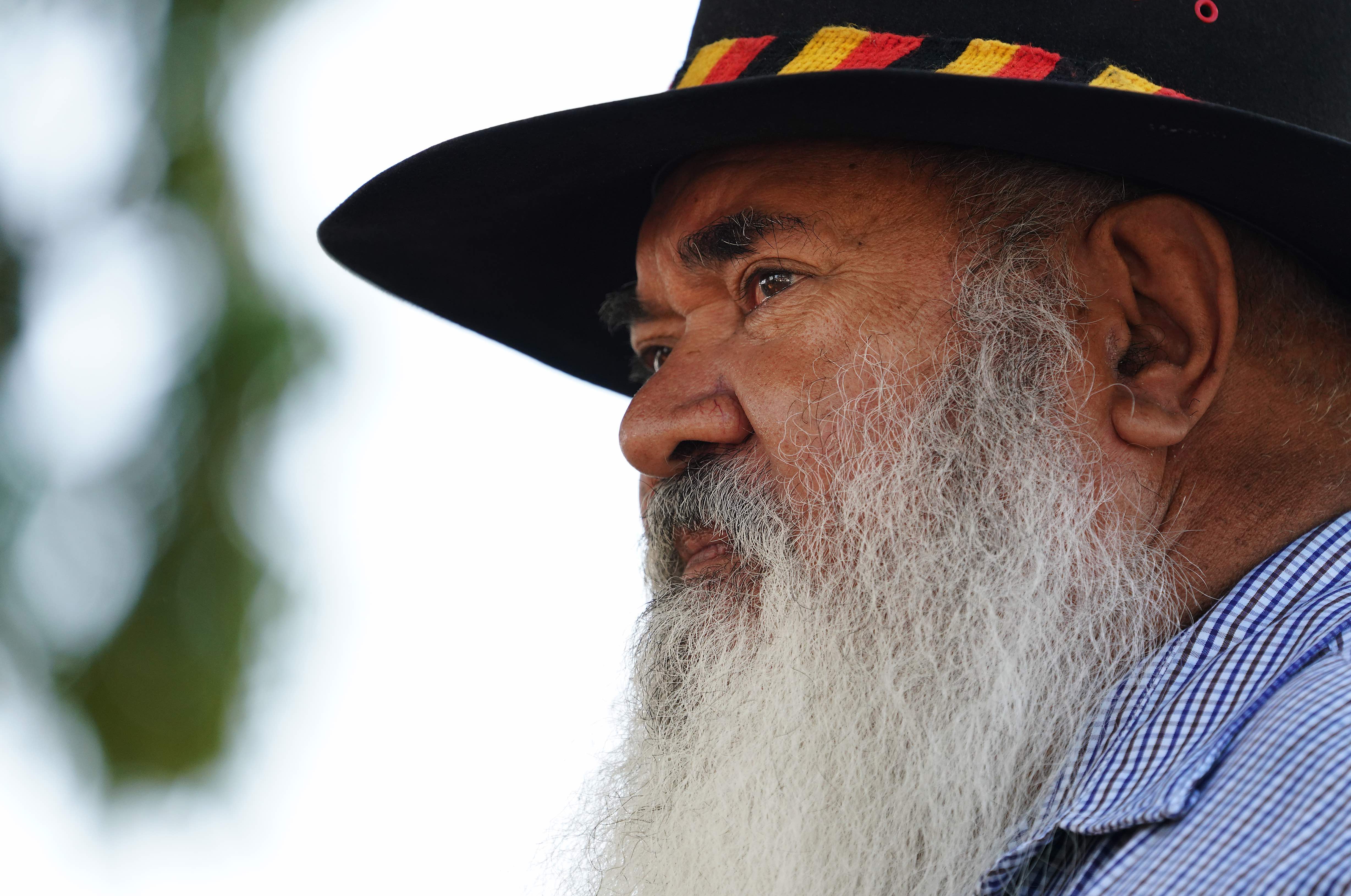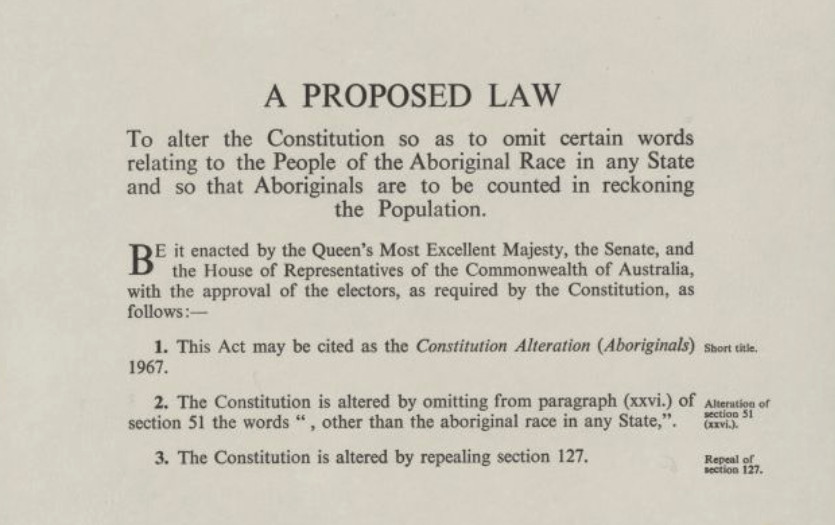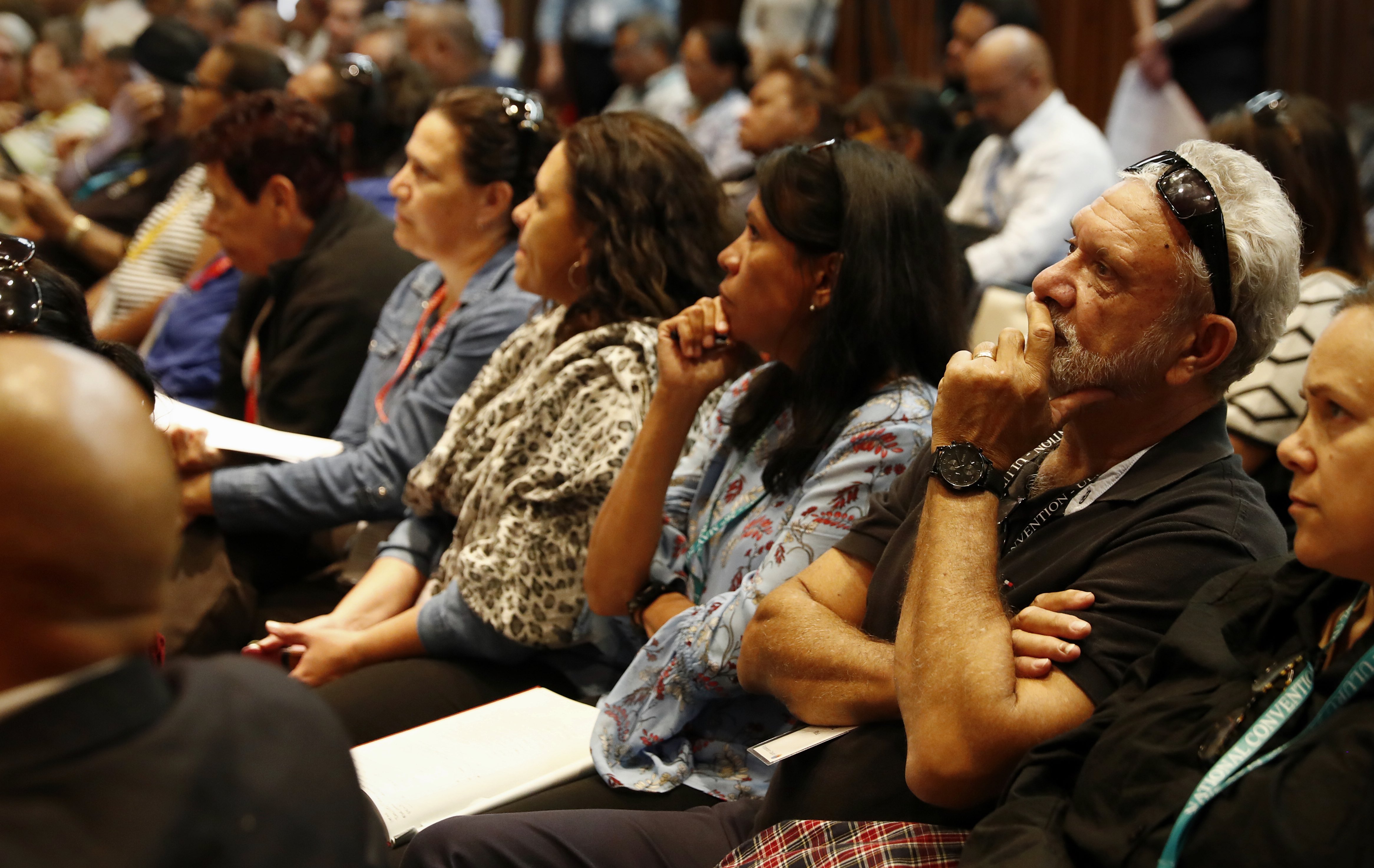
Politics & Society
The power of Garma

The annual Dungala Kaiela Oration celebrates Aboriginal cultural identity, but in his speech this year, Labor Senator Pat Dodson says there are still too many missed opportunities
Published 9 August 2019
I want to shine a spotlight on the past fifty years of our history – a history of progress and prosperity for Australia’s non-Indigenous peoples; for Indigenous peoples, a history of disempowerment, disadvantage, discrimination and despair.
One outstanding characteristic of that history has been the unremitting attacks on Aboriginal advisory regimes by successive Commonwealth governments.

When those bodies had the gall to challenge policies of the government of the day, they’ve paid the ultimate price – extinguishment.
It’s as if our governments have been intent on disallowing any chance of pan-Aboriginal leadership to nurture and prosper. And that history of extinguishment has had a debilitating effect on Aboriginal leadership.
In the absence of national forums, Indigenous leadership has fragmented.

Politics & Society
The power of Garma
A national traditional voice has been quieted, supplanted by an elite cohort, well-educated and articulate, but not focused on common agendas. And that depressing outcome has destroyed other leadership opportunities.
Our Indigenous young people have been denied leadership possibilities and chances to develop.
I can’t help but compare the bleak, contemporary landscape with the scene that prevailed in the lead up to, and in the wake of, the 1967 referendum.
I was only 19 years old, too young then to vote – the voting age in Australia wasn’t lowered to the age of 18 until 1984.
But I well remember those strong, united Aboriginal leaders who helped deliver the overwhelming ‘Yes’ vote in 1967 that allowed the Commonwealth to make laws for Aboriginal people and include them in the census.

In the half century since, the Commonwealth has indeed exercised its powers to enact laws governing Aboriginal people. And we all thought, at the time, that those laws would be for the benefit or advancement of Aboriginal people.
That was the public expectation at the time the referendum. And it was certainly the expectation of political leaders at the time.
But the 1967 amendment turned out to be a Trojan horse that has allowed injustice to be unleashed against Australia’s Aboriginal people.

Politics & Society
Duty and honour at the heart of Indigenous recognition
The ’67 referendum had offered the prospect of Commonwealth-led improvement in Aboriginal affairs.
But the real outcome was a hardening of conservative attitudes and policies.
When I was touring the country last year as co-chair with Liberal MP and constitutional lawyer Julian Leeser of the Joint Select Committee on Constitutional Recognition, we heard constantly from Aboriginal people about how they continue to feel disempowered and unrepresented.
That refrain resonated through the round of regional dialogues that led up to the national Constitutional Convention at Uluru in mid-2017.
And it echoed mournfully in the Uluru Statement from the Heart: “This is the torment of our powerlessness.”
The journey to Uluru was long and tortuous; so long that most young voters today are unaware of that history, and older voters have simply forgotten, or are so exhausted by the protraction of it all that they have simply tuned out.

In 2015, then Prime Minister Malcolm Turnbull appointed the Referendum Council. I was a member of the Council until I became a Senator in March 2016.
The Council consulted exhaustively through a series of regional dialogues before the Uluru convention, and reported to Prime Minister Turnbull and Opposition Leader Bill Shorten in June 2017.
The Council said its recommendations for constitutional and extra-constitutional recognition were modest, reasonable, unifying and capable of attracting the necessary support of the Australian people.

Politics & Society
The Uluru Statement from the Heart: Why I have hope
Let me remind you what those recommendations were.
The first was that a referendum be held to provide in the Australian Constitution for a representative body that gives Aboriginal and Torres Strait Islander First Nations a Voice to the Commonwealth Parliament.
The second recommendation was for an extra-constitutional Declaration of Recognition, enacted by legislation, and passed by all Australian Parliaments, ideally on the same day.
Then, last year, another Joint Select Committee was established to consider the recommendations of the Referendum Council, the previous Joint Select Committee work and the 2012 Expert Panel.
We acknowledged the broad support for the concept of a Voice enshrined in the Constitution, though we did note a lack of consensus on its precise form and function.

We said this detail should be determined in a co-design process to achieve a model that best suits the needs of Aboriginal and Torres Strait Islander people. The new Minister for Indigenous Australians, Ken Wyatt, seems to have taken up the recommendation that a model for the Voice should be a matter for co-design.
But, co-designing what?
If Constitutional recognition is to be a form of words which merely recognises First Nations people as original inhabitants, then we won’t be satisfied.

Politics & Society
A Constitution shaped by distance
The Uluru Convention made it plain that mere symbolic recognition won’t be satisfactory. The Statement from the Heart was explicit: the Voice must be enshrined in the Constitution.
Yet even before we know what the Government means by co-design, the Prime Minister has put paid to enshrinement.
The Voice needs security of tenure, a guarantee of continuity. That’s why it needs to be enshrined in the Constitution, so that vengeful governments can’t silence it.
And to those scare merchants who continue to peddle the falsehood that a Voice will stand as a third chamber, let me say this: the Voice would be non-justiciable – courts won’t be able to interfere, parliament’s supremacy will always be beyond challenge.
Because, without a national body representing First Nations, who do our young people look to for leadership?

Without the opportunity to nurture and refresh a national leadership, public debate among First Nations will continue to be fragmented, captured by self-interested individuals.
Ours is a culture of collectivism, of fellowship and sharing.
But here we are again at the crossroads, still bogged down in endless talks, consultations and submissions to parliament committees as we wrestle with the issue of Constitutional recognition.

Politics & Society
Going beyond healing to build Indigenous power
The Voice is just one of the demands of the Uluru Statement from the Heart, and I fear that the focus on a Voice and its enshrinement in our Constitution has distracted attention from realising those other vital components of the Statement.
I see the Voice as only a first step, like putting the poles into the ground. Not until this nation confront its history, not until we finish that end game of a Treaty, will non-Indigenous people quell those whisperings in their hearts.
Not until then will we be able to celebrate our common sense of history and destiny, having reconciled our past.
But until we embark in good faith and with open heart on that journey, I will continue to be anxious for the spirit of our nation.
This is an edited extract of Senator Patrick Dodson’s Dungala Kaiela Oration co-hosted by the Kaiela Institute and the University of Melbourne.
Banner: AAP